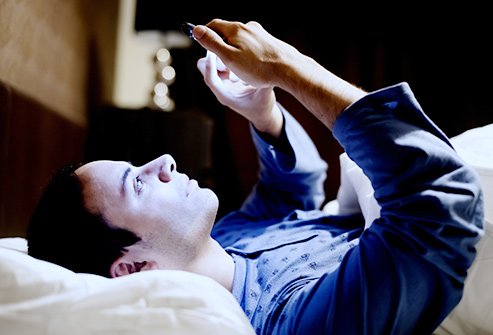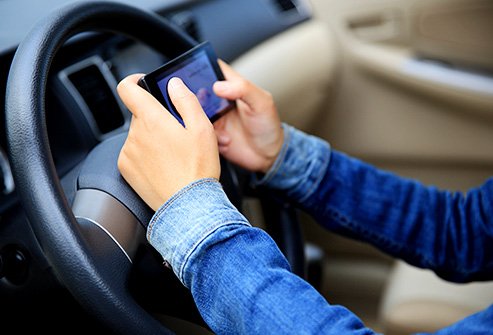04 Seriously Damaging Side Effects Of Your Smartphone on your life.
Near about two thirds people of the adults now own a smartphone – up from 58% in early 2014. In fact, 61% of you reading this page right now are probably doing so on a smartphone.
Their popularity is not surprising! Smartphones are incredible little devices – they allow us to stay connected, organized and entertained. They can track what we eat, our exercise goals and our sleep patterns. They log our shopping lists, our travel details and our spending habits.
These mini computers have eliminated our need for alarm clocks, address books, notepads and cameras.
But do their perks come with a downside?
1.A Serious Addiction
Despite what some may think, smartphone addiction is a very real phenomenon.
It has been found that female college students spend an average of ten hours a day on their cellphones, surfing the internet and sending 100+ messages. That’s more time than spent with friends.
Another survey found that three out of five US smartphone users can’t go more than 60 minutes without checking their phones.
So what makes us so eager to play with our phones instead of engaging in real life?
Experts say our brains get a hit of dopamine and serotonin – the chemicals linked to happiness – when our phones beep or ring. These are the same chemicals that give drug users their ‘high’!
We aren’t oblivious to our very real problem either – a recent opinion poll shows that 82% of the American public believe that smartphone addiction exists.
In fact, nomophobia (the fear of being without your mobile device) is now recognized as a serious issue – with rehab facilities available to help you deal with your problem!

2.Withdrawal Is Painful
Just like with other addictive substances, withdrawal can be long and painful and come with complications.
A 2011 study called ‘The World Unplugged’ surveyed almost 1,000 University students in 10 different countries.
The students were asked to avoid cellphones, laptops and social networking for 24 hours.
A ‘clear majority’ suffered significant mental and physical distress, panic, confusion and extreme isolation during the withdrawal period, with most students failing to go the full day without their fix.

3.Stress
Having a smartphone means we’re always ‘available’ – to take calls, text messages, instant messages, social media notifications and emails. The workday no longer finishes at 6pm as emails continue to push through late into the night.
But research from 2012 has found that the need to immediately read and respond to every one of these incoming alerts is causing rising stress levels.
4.Weight Management & Fitness Levels
Have you ever got lost in the virtual escape your smartphone provides, only to return to reality minutes – or even hours – later?
This is precisely why we’re spending less and less time exercising – once we’ve fit in our daily dose of phone use, there’s no time!
➜@bible.com
Please vote and comments me